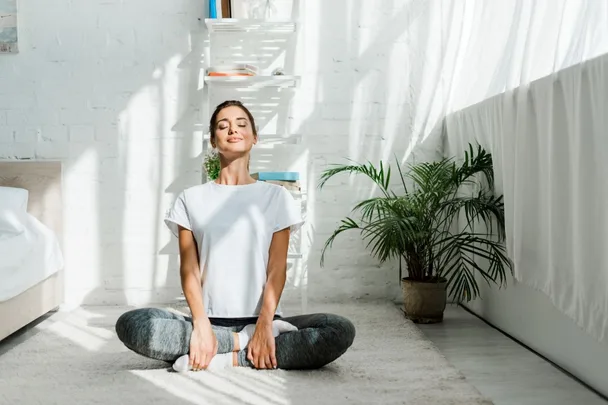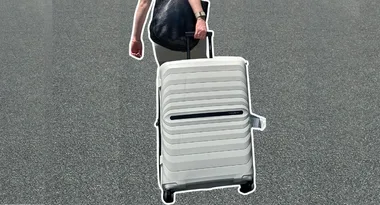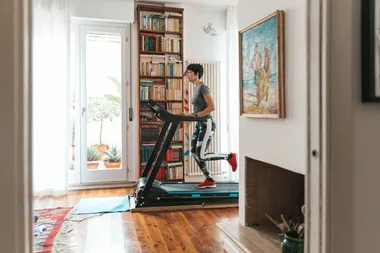Your alarm goes off. It’s cold and dark – do you jump out of bed, go for a jog and watch the sun rise, then reward yourself with a top brekkie? Or does the crisp air or your jarring alarm noise have you hitting snooze and sliding back under the covers?
Early risers are happier and healthier, they’re more optimistic and feel more in control of their lives, research has found. Morning exercisers are also more likely to stick to fitness goals because, in the evening, distractions and tiredness can derail even the best of intentions.
Plus, those who wake with plenty of time to spare are more likely to eat well to fuel the day ahead. But you know about exercise and a healthy diet, right? And still, you’re bunkering down, loosening your expectations and feeling gloomy. Gloom, however, is in the eye of the beholder. If you open both eyes and rise, beauty will be your reward. It’s a mindset. So embrace seasonal change and back to work vibes and your mood will skyrocket!

Reframe your mind
If you tell yourself all the leaves are brown and the sky is grey, or that you’re just not a morning person, it’s always going to be a disaster. Say, for instance, you love sunshine. Organise your mornings around chasing the sun. Everything you do before dawn (making lunches, packing your bag for work, putting on a load of washing) will be designed to free your time so that as that golden light starts to tinge the sky, you can be at your vantage point (your terrace, a hilltop, a park) with your skipping rope or yoga mat, ready to indulge in 10-30 minutes of sun worship.
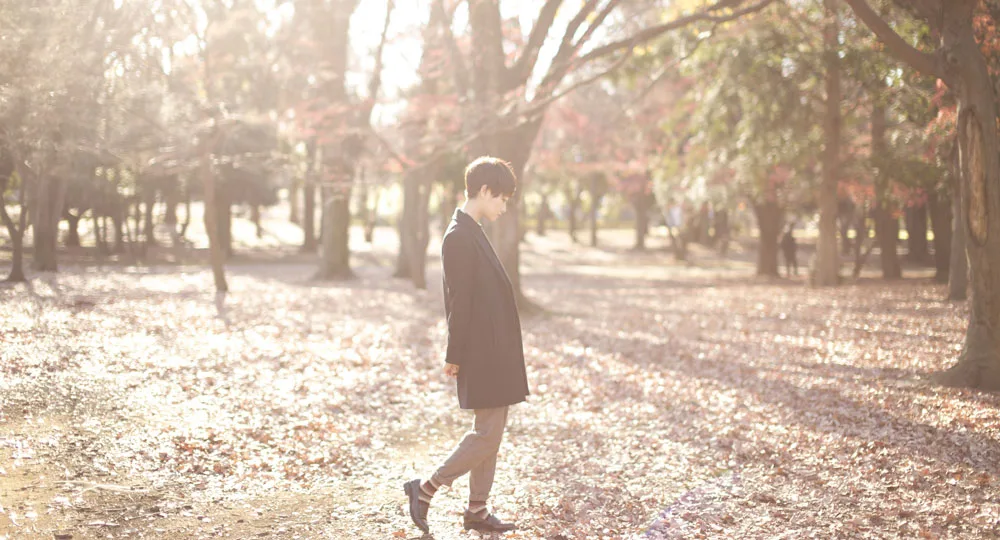
Make a good start
It you can arrange it so that you start off your day as a reflection of the way you act in the morning, you’ll set yourself in a better mood from the get-go.
For example, find it a struggle to string together a sentence before 9am? Feel relieved when everyone leaves the house? Sounds like you crave space. Early mornings can heighten social anxiety, because everyone’s inside and the doors are shut. So ask your family, flatmates or partner if they’d kindly not talk to you before you’ve had a cup of coffee or, better still, get up a little earlier and get out of the house before they wake. Having half an hour on quiet streets will fulfil your need for solitude first thing, while an invigorating walk is guaranteed to lift your spirits.

Bend and stretch
You’ve been clenching your jaw all night and wake up with a stiff neck, swing your legs over the side of the bed but can’t put your foot down because the pain shoots into your heels, calves and arches. If it’s winter the weather can make muscles contract against the cold, resulting in more pain than usual. That’s why it’s important to get your body moving, even just by walking to work.
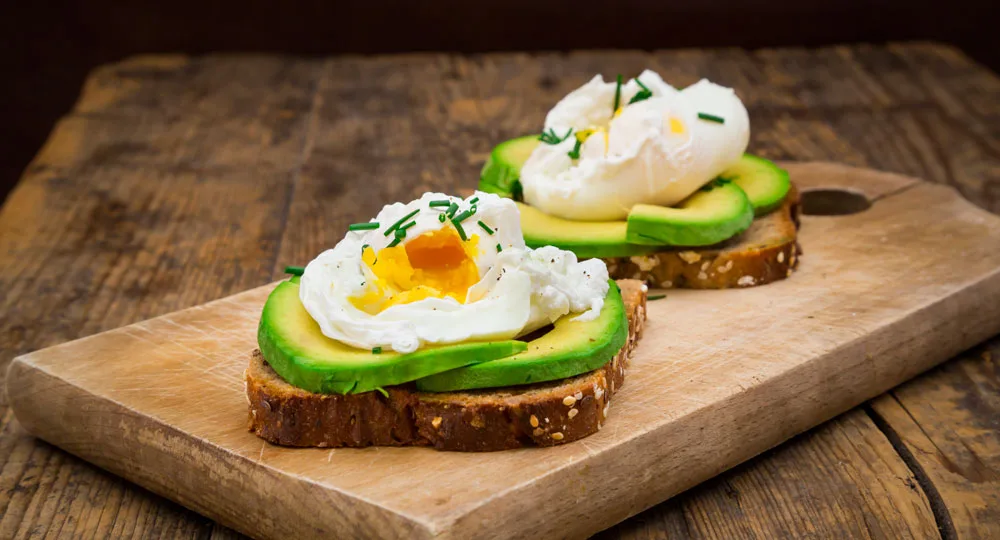
Stay motivated
Getting a bit bored of your morning work out? Change it up! Decide now what you’re going to do to keep it interesting. If you love new gear, buy a basketball, learn to dribble and meet up with a friend or take the kids to shoot a few hoops. Or splurge on an indoor class such as barre – ballet-based exercises that focus on core strength, posture and grace. On the food front, challenge yourself to replace processed or packaged foods with vegetables (for breakfast try a poached egg, avocado and pan-wilted spinach, or cooked onion, tomato and beans on toast). Similarly, swap refined flours for wholegrain and wholemeal varieties. Using words such as ‘different’ and ‘new’ to define your approach to winter amps up motivation – there will be no room for dread!
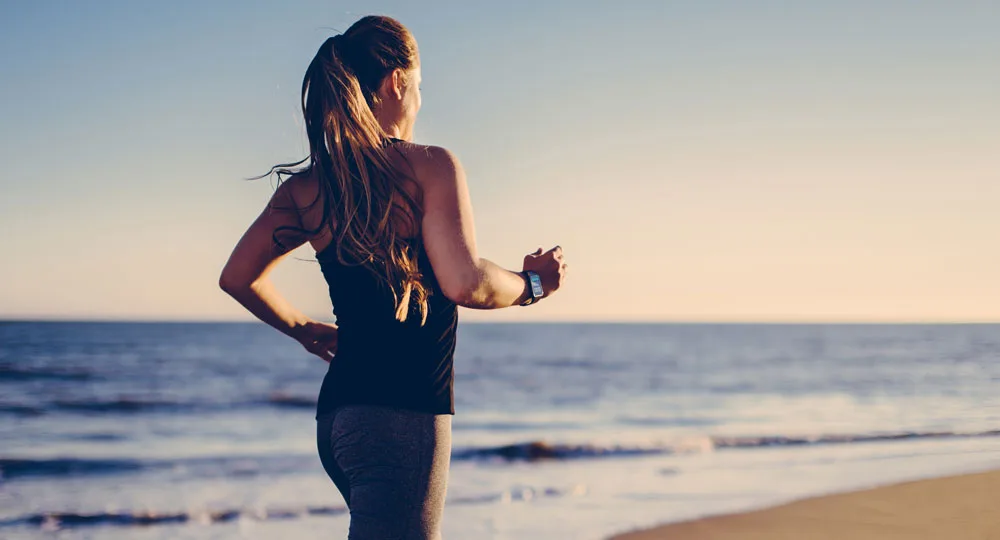
Be a mover and shaker
Whether you stay inside – briskly moving through the household chores, stationary cycling or following an exercise video – or head out into the mood-boosting outdoors, make getting a move on the number one priority of your morning routine.
We all know aerobic exercise releases endorphins that give us a natural high, but even just moving your limbs can make you feel good and boost your immunity against sleepiness. This is largely because your lymphatic system, which is responsible for draining cellular waste, excess fluids and harmful bacteria, has nothing to power it except the contractions of your muscles. Your heart doesn’t pump through your lymphatic system, so if you don’t move your body it remains sluggish, and makes you feel the same.
